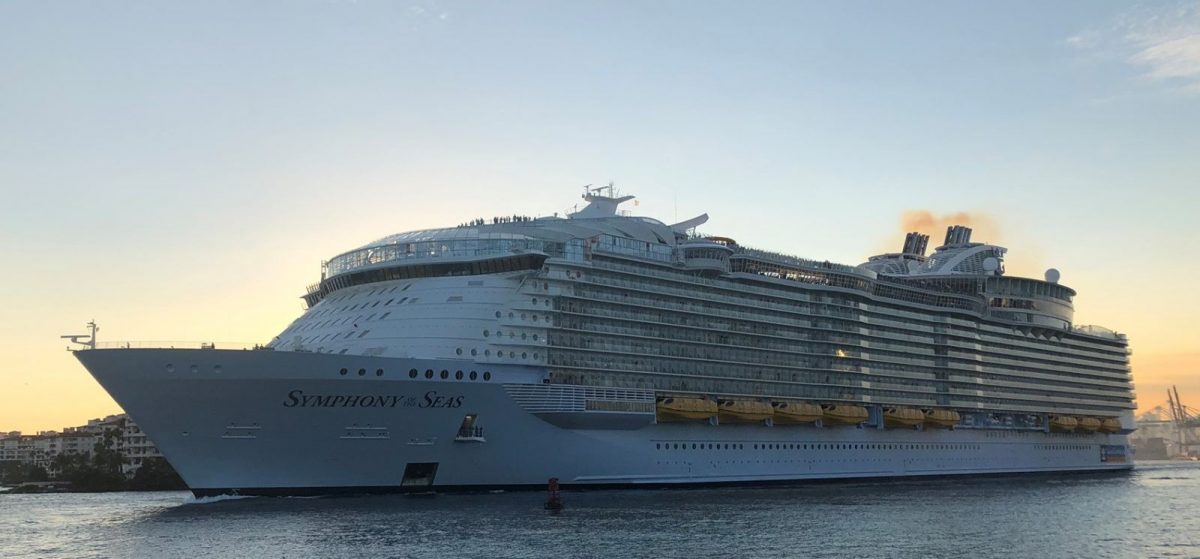Plea to govt. to save some of the 3.6m bookings to Spain

Kate McWilliams, MD of LOTUS LATAM, a division of travel PR firm LOTUS, explains some of the devastating consequences of the British government’s advice against holidays in Spain.
By 24 July, more than 3.6 million British holidaymakers had booked to fly to Spain during August and September, just over 42% of them were heading to the Spanish islands. There were high hopes that the country’s tourism industry would be able to make up some of the huge losses they had suffered in the first six months of the year when arrivals dropped more than 70%, much of it due to a lack of British tourists.
Then, without warning, the UK Foreign & Commonwealth Office re-added Spain to the no-go list of destinations on the weekend of July 25, just hours after tens of thousands of British families had landed in the country at the start of the school holidays.
Major tour operators including TUI and Jet2holidays had to cancel programmes they’d only just launched. For some Spanish destinations, this means almost a whole year of revenue has been lost.
We represent a number of Spanish destinations and hotel groups and are aware of how devastating this decision is for the whole travel sector. As a result of this decision, Hays Travel has announced that almost 900 jobs are at risk and TUI is set to close 166 high street shops.
In Spain, many hotels that were set to open on 1 August remain closed and are unsure whether or not they can continue their operations. This follows huge investment by Spain’s tourism sector in safety and hygiene policies to ensure a safe and secure opening. As Sergio Zertuche, chief sales and marketing officer of Palladium Hotel Group, told me, hotels have invested huge sums to be able to open in a safe and secure way.
Palladium is also offering free medical assistance insurance to every guest to cover them for any eventuality related to the current pandemic for the duration of their stay.
Based on the evolution of the pandemic in Spain, we had hoped the UK would maintain ‘travel corridors’ with some of the Spanish regions. If we look at the Canary Islands as an example, the infection rate over the last seven days is just 3.67 per 100,000 people. This is versus a UK rate of 14 per 100,000 (based on data from the last 14 days).
Lanzarote’s Tourism Minister Angel Vazquez said he was ‘deeply saddened’ by the travel advice and claims it is an ‘unnecessary measure given the evolution and epidemiology of the crisis on the island’. He also emphasised the investment the island has made in rigorous health and detection protocols.

Palma is also suffering
The outbreaks in Spain are in a few specific regions. The number of hospital admissions and fatalities across the country are well below the UK figures.
The tourism sector was one of the first to be impacted by the pandemic and this impulsive blanket decision will have devastating and long-lasting consequences.
Pedro Homar, general manager of Palma Tourist Board summed it up when he said the tourism sector has worked tirelessly over the last few months to ensure that tourism can reopen safely. British tourism is vital to Palma and to Mallorca. It’s the second largest source market after Germany. Prior to the UK government’s decision, Palma had high hopes that its hotel capacity would be running at 70% by the end of August.
We urge the UK government to consider a more regionalised approach to help save the travel industry and protect thousands of businesses and jobs.
 United Kingdom
United Kingdom United States
United States Asia Pacific
Asia Pacific












































CLIA expands trade support with expedition event
Qatar Airways adding Manchester flights
Jet2 unveils Samos as new Greek destination for summer 2026
EU entry-exit system delayed again
ATC strike in Greece could disrupt flights this week